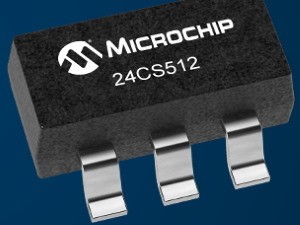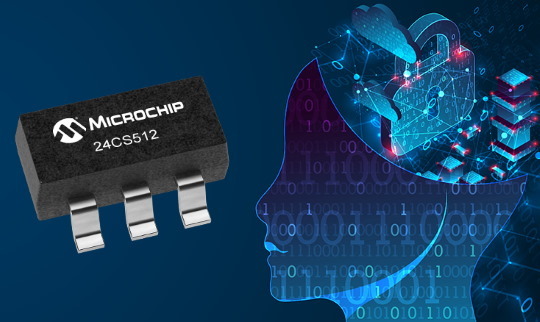New I2C Serial EEPROM Introduces 3.4MHz High-Speed Mode Operation

I2C and SPI are two of the most widely used serial communication buses for embedded systems and each comes with its own set of advantages and disadvantages. SPI is by nature the faster protocol, but that comes at the expense of higher pricing and limited scalability. To close the trade-off gap between I2C and SPI in Serial EEPROMs, Microchip Technology Inc. has released the first commercially available I2C Serial EEPROM with support for 3.4 Mbit/s data rates, the 24CS512, making it the fastest I2C EEPROM in the world.
Until now, I2C Serial EEPROM bus speeds have been limited to 1 MHz, which is sometimes not fast enough, particularly for larger memory size applications. Engineers requiring faster speeds out of their Serial EEPROMs usually choose SPI, which is typically specified for up to 20 MHz speeds. However, they have paid approximately 30 percent higher prices for the added speed while making additional sacrifices in noise susceptibility, design complexity and scalability (more info).





